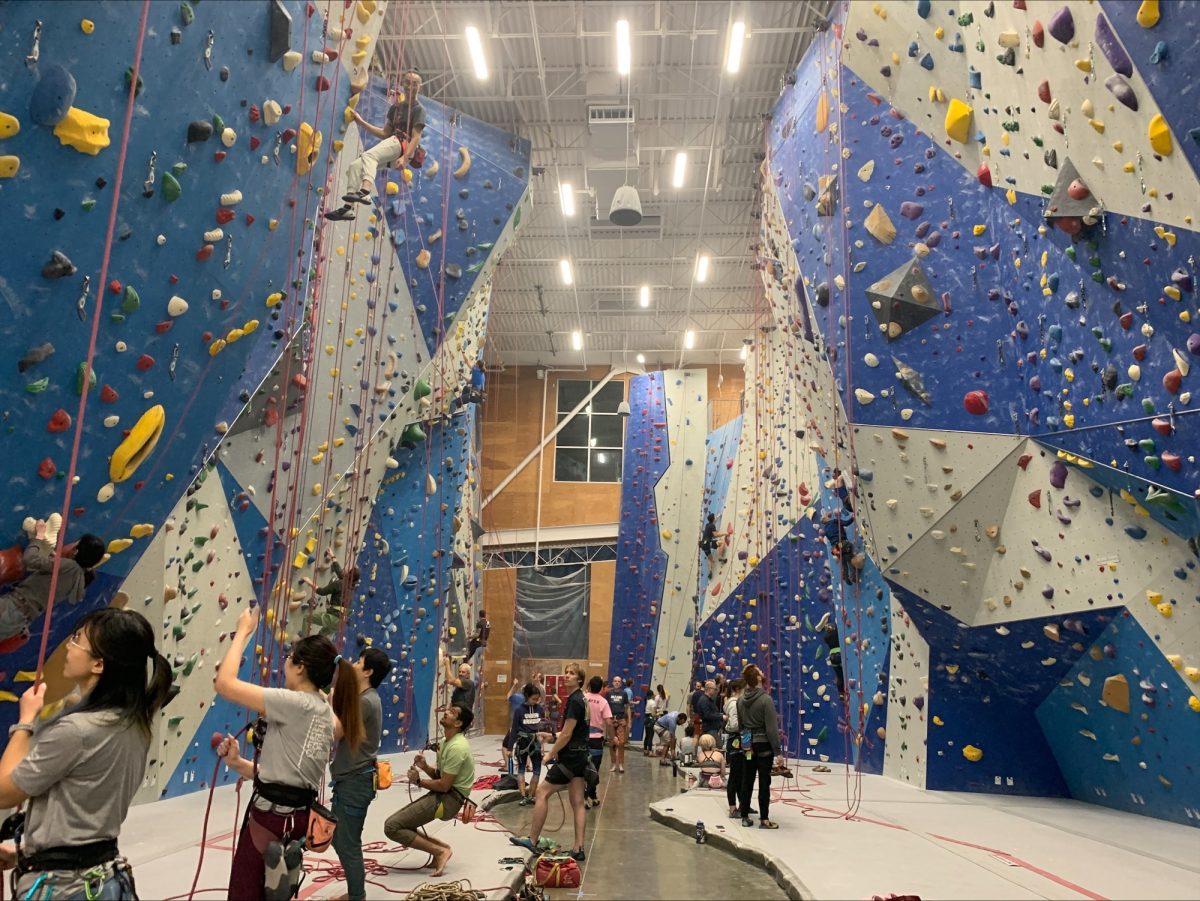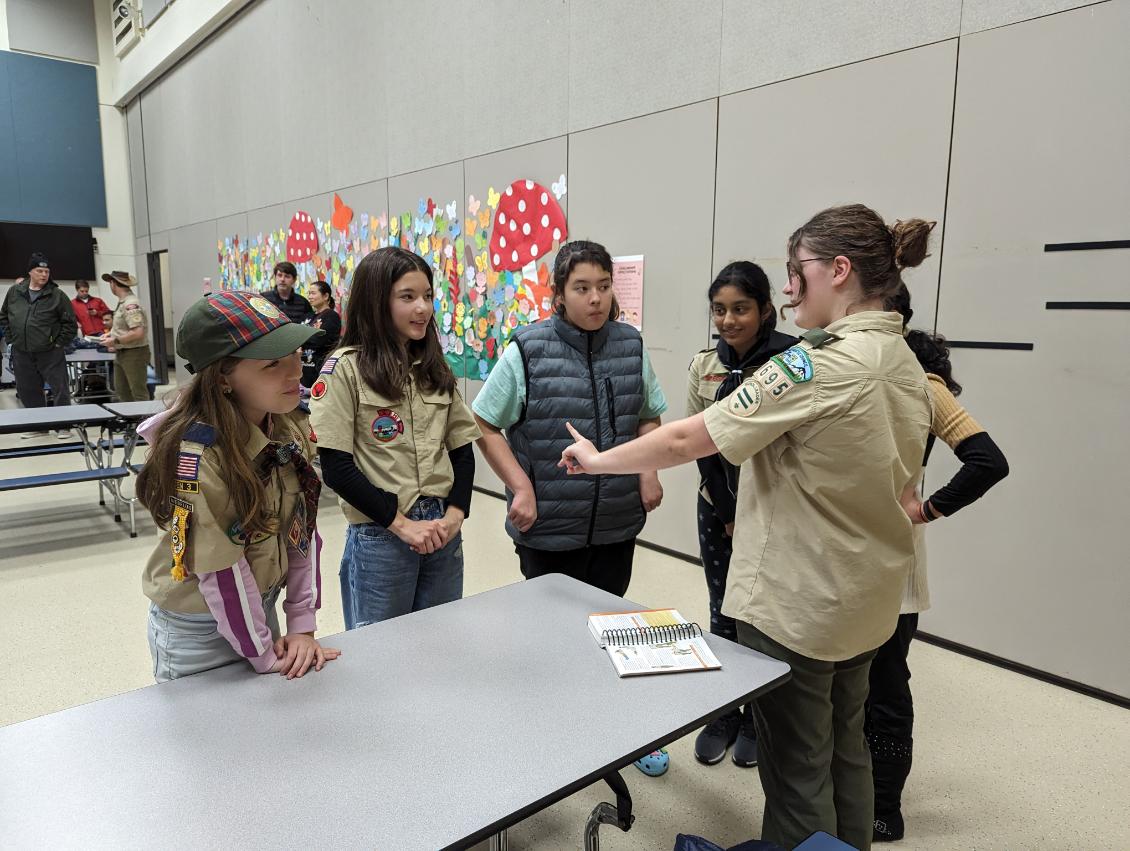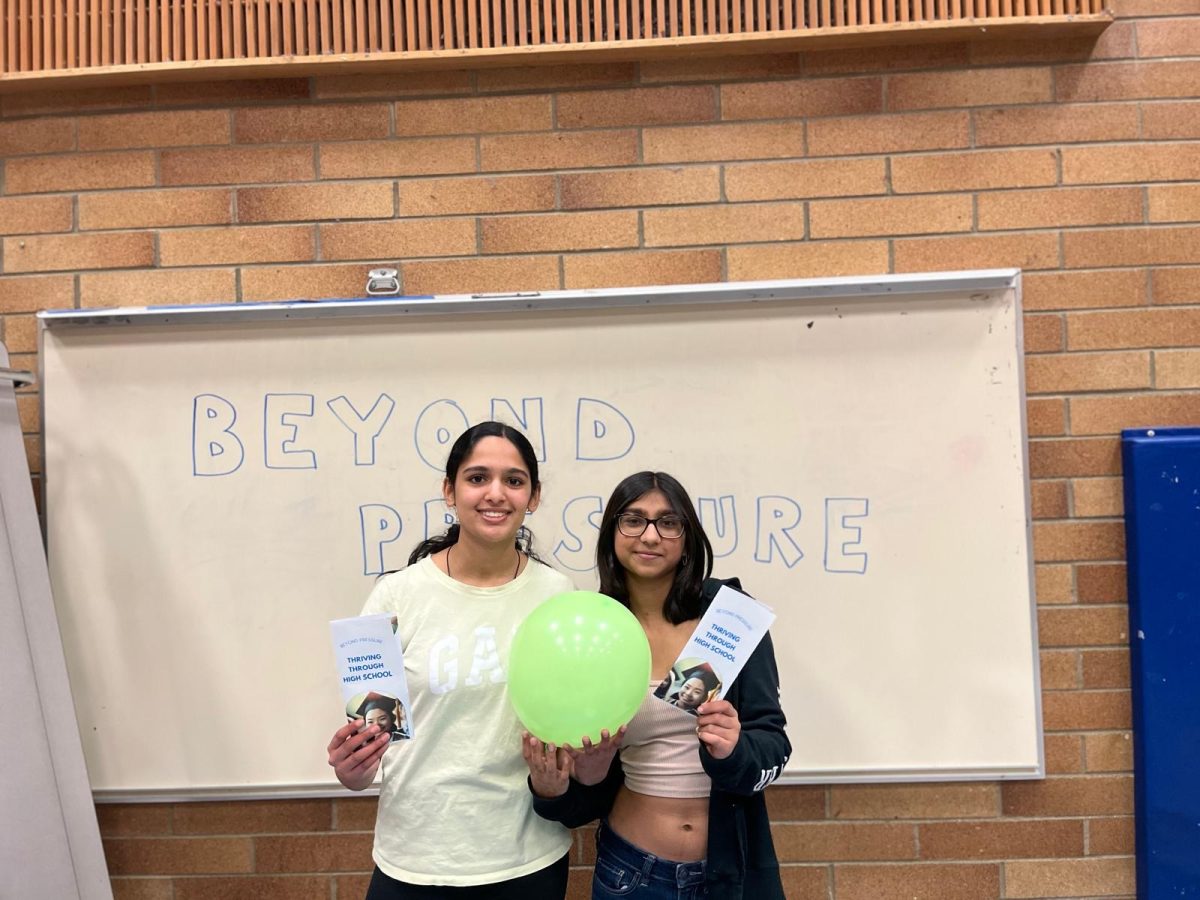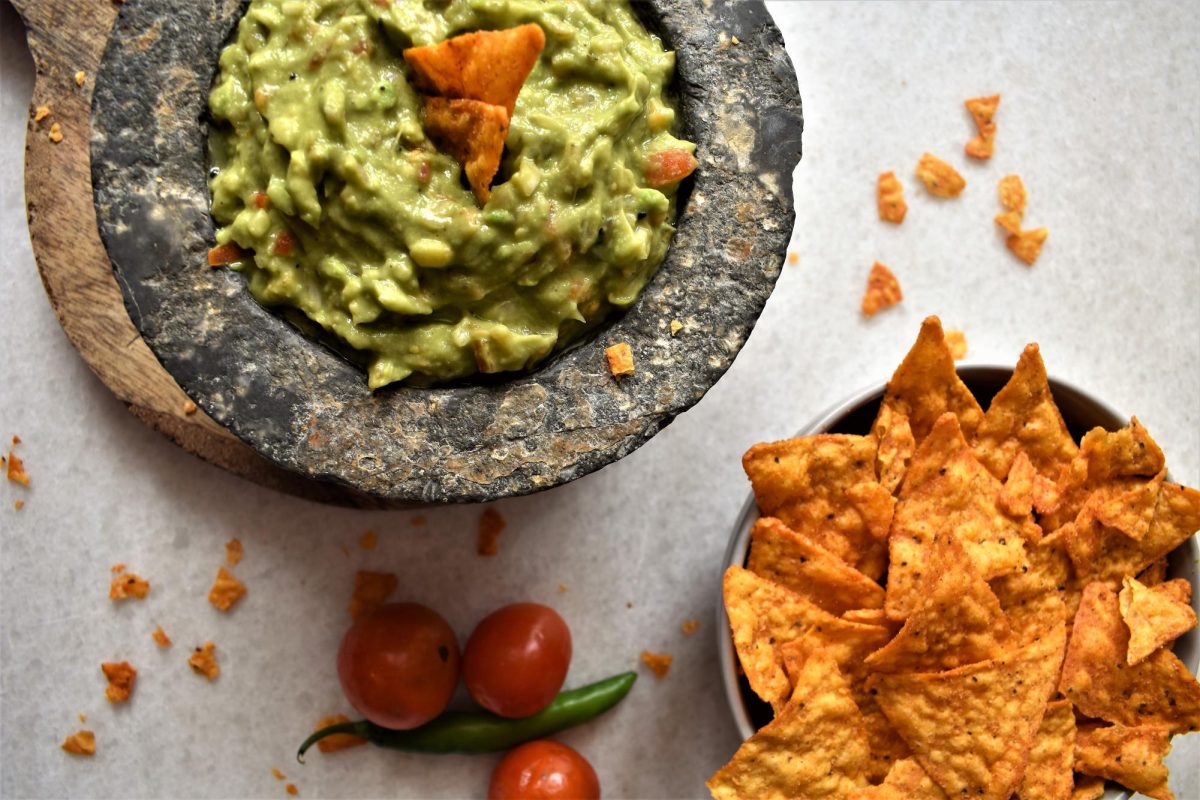Stepping into Eastlake High School, you’ll find a large student population hailing from around the world. With a diverse student body representing a variety of global cultures, the Eastlake World Language Department set out to turn cultural education into an engaging and exciting hands-on experience. Through their cultural enrichment program, the World Language Department has hosted many events, with their most recent being guacamole making. The event covered not only how to make guacamole but also the environmental factors that come with making the highly favored snack.
Señora Molina, a Spanish teacher at the high school and lead presenter of the event, explained that “there are many troubles when it comes to avocados, especially in Mexico, losing habitat for monarch butterflies and some indigenous cultures.”
With many students unaware of what it took to get their favorite snack on tables worldwide, the event was a key source of education in preservation.
Curious as to the extent of the environmental degradation caused by avocado production, we had to go back to the beginning.
History of Guacamole:
Guacamole originated from the Aztecs in present-day Mexico. Originally called ‘Ahuaca-Mulli,’ the dish was highly esteemed, served with the key ingredient, the avocado. Over the next few centuries, the dish evolved due to colonization and Spanish influence, and ingredients like onions, garlic, and citrus were added. During the 20th century, the dish spread to the United States and began gaining popularity, hence the fame and love it is regarded with today.
Environmental Impacts:
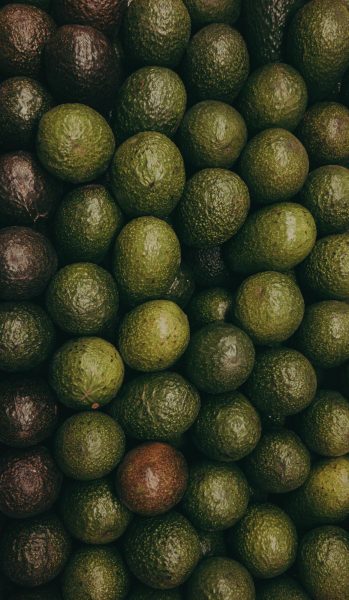 Avocado cultivation, in its high demand, requires a lot of resources. Everything from large plots of land to substantial amounts of water is needed to grow large amounts of avocados. This leads to deforestation, water scarcity, and ecosystem disruption. Along with intensive monoculture practices in the farming process, natural habitats are being disrupted at a rampant rate.
Avocado cultivation, in its high demand, requires a lot of resources. Everything from large plots of land to substantial amounts of water is needed to grow large amounts of avocados. This leads to deforestation, water scarcity, and ecosystem disruption. Along with intensive monoculture practices in the farming process, natural habitats are being disrupted at a rampant rate.
Students left the event with not only recipes for a delicious snack but also a greater understanding of the impacts of producing a worldwide table staple.










